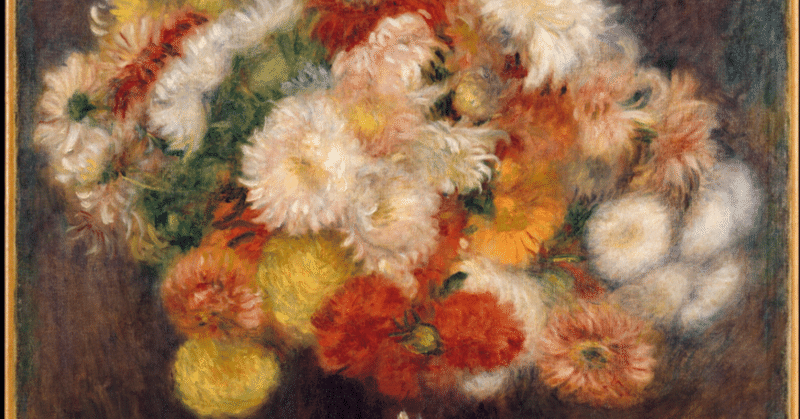
Gift Economy and Why Must We Work?
1. The Gift Economy
What is a gift?
Giving a gift to a friend who has helped you
Sharing good information about tourist spots or restaurants with those who have helped you (sharing information)
Meeting people who read your blog, etc.
Conclusion
The gift economy, when functioning well, strengthens human relationships. Capitalism amplifies wealth, while the gift economy strengthens trust and security.
Explanation
Even before the emergence of money economies, human communities had gift-giving mechanisms. The rule of "not marrying close relatives" that Lévi-Strauss noted among primitive tribes was a rational social mechanism to create alliances and sustain interaction by giving away sisters/daughters to other tribes and taking wives from other groups.
The capitalist economy involves paying money for services - a transactional "you pay, it's done" dynamic. The gift economy sustains interaction. Focusing on this provides insightful hints.
In the modern world, gifts are not just souvenirs or information sharing. With SNS, "likes" are also incorporated into the gift system as a form of reward.
Human relationships don't go well when the gift flow is imbalanced - be it friends, lovers or family. Hence concepts like reciprocity, paying forward, returning favors exist across cultures.
An insightful concept: "A gift becomes a calculable exchange the moment I am conscious that I am 'giving' to someone" (Hitoshi Imamura, Trading Humans). In other words, consciously expecting a return makes it a calculated exchange and can seem hypocritical. Reciprocation is seen as "returning a favor" while doing something for self-interest is seen as "hypocrisy."
In essence, a gift cannot be initiated without being received first. It is a mutual act where the receiver reciprocates. Gifts deepen human bonds, but thinking of the exchange as calculable breeds ulterior motives that can damage relationships if expectations are not met, in my view.
Why are we happy to receive money?
In today's money economy, everyone is happy to receive money. But in reality, cash itself is just paper with hero's portrait - originally meaningless to people who live in Stone Age.
While sharing intellectual property is becoming more common, free sharing is often seen as natural, undervaluing information's worth. Systems to properly evaluate and exchange intangible values like information, creations and kindness are still not widespread.
Selfless Love and Gifts are Similar
The concept of selfless, unconditional love akin to the gift economy exists across religions - Buddhist compassion, Islamic rahmah, Jewish hesed, etc. Practicing these values is encouraged.
However, for person A who believes in such selfless love, being kind to others is natural by faith. But for person B who doesn't, A's kindness to strangers may seem suspicious with ulterior motives.
Focusing on the mechanics and social mechanisms underlying human relations reveals their unspoken rules and core nature. As the author, these are insights I've gained through interacting with people.
2. Why Must We Work?
The answer is that capitalism must keep growing, like a tuna that dies if it stops swimming.
So we must keep making new products we don't quite understand each year, working despite thinking "I don't want to work." Even with all this abundance, we still have to work.
In a gift economy, we need to keep cultivating consideration/ethics to avoid conflicts. Both systems require effort, but the gift economy is more relaxed than capitalism.
An excessive capitalist mindset can cause issues like exploiting others for capital gain, and every value becoming commodified since money pervades all value systems. If you feel stifled by capitalism, looking to the gift model may help.
Money is a means to make people happy, but why must we engage in "sufferings" like competition and commuting for a company to obtain means of making others happy?
To make others happy, we can simply do things that make them happy, without going through the medium of money.
Furthermore, capitalism comprises
1) selfish desires (wanting a car, house),
2) altruistic desires,
3) labor ability - and capitalism robs the dignity of those lacking (3).
People embodying the gift concept can alleviate the oppressiveness that capitalism can have.
この記事が気に入ったらサポートをしてみませんか?
